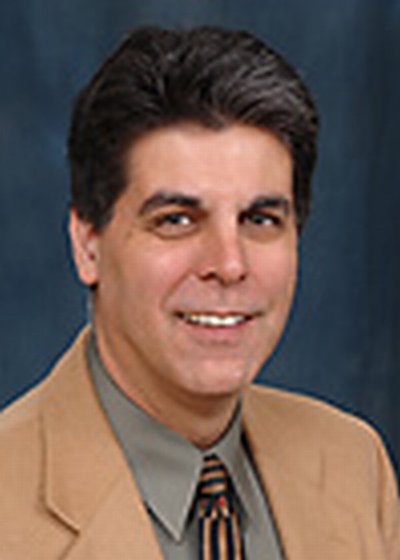July 9, 2009
New director of Interdisciplinary Arts and Sciences on the job at UW Tacoma
Larry Knopp arrived at UW Tacoma recently to head Interdisciplinary Arts and Sciences, the largest of UW Tacoma’s academic programs.
Formerly, Knopp was professor of geography at the University of Minnesota Duluth and associate dean for UMD programs at the University of Minnesota Graduate School. He served six years as head of the Geography Department, 12 as director of the Interdisciplinary Center for Community and Regional Research, and 10 as coordinator of the Interdisciplinary Urban and Regional Studies program.
Knopp grew up in central Seattle. He earned his bachelor’s degree at UW Seattle in 1983 and has maintained close ties with the UW Geography Department. He conducts research with two UW faculty members and has been an affiliate professor at UW Seattle since 2005.
Knopp says he is thrilled to accept the post and eager to get started working for IAS, the campus and the community. “Duluth and UMD are in many ways similarly situated to Tacoma and UWT, so I imagine this being a relatively easy (and exciting!) transition,” he said. “I was enormously impressed by the ethos, energy and vision of the place during my on-campus interview, and felt it was a tremendously good fit.”
Although his bachelor’s degree was in political science, Knopp says he discovered geography at UW and pursued his master’s and doctoral degrees in geography at the University of Iowa. His research and writing have primarily focused on gay and lesbian geography — a field he pioneered.
“When I began graduate school there were very few openly gay or lesbian geographers, and fewer still who were looking at issues of sexuality from a geographical perspective. The few that did exist paid quite a high price (in terms of their careers) for [coming out],” Knopp wrote in an email interview. “But times were changing, and my experience was rather different.”
Knopp identified a gap in the field and wrote his dissertation on what has come to be known as “gay gentrification.”
“Iowa was rather an unlikely place to start a career as an ‘out’ gay man doing academic work on gay and lesbian issues,” Knopp writes. “But my department and discipline welcomed me and my work, and now there are dozens of geographers looking — not just at gay and lesbian issues — but a wide range of issues related to sexuality and, because of their interconnectedness, gender, race and class.”
Knopp’s academic writings include “The Culture Wars and Urban Electoral Politics: Sexuality, Race, and Class in Tacoma, Washington,” a chapter in the 2005 journal Political Geography.
Asked why he and his colleagues had settled on Tacoma for their research, he explains, “Our Tacoma project was a way to accomplish several goals, including expanding our locally based research agenda beyond Seattle; bringing together, in the context of a single project, our interests in cultural politics and the geography of elections; and responding to calls in the field of electoral geography to add more depth, nuance and qualitative methods to a field of study that has tended to be dominated by number-crunching approaches.”
Knopp and several co-editors at the University of Minnesota are near completion of a book for the University of Minnesota Press, titled, Queering Twin Cities: Politics, Culture, Spaces, expected out late this year or early 2010.
Knopp says his other academic interest is “the geography of electoral outcomes, particularly as they pertain to ‘cultural politics,’ conflicts over values and meaning such as gay rights, reproductive rights and educational curricula.”



